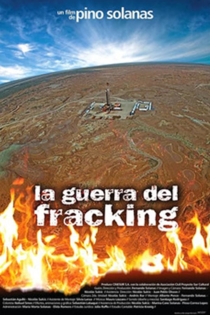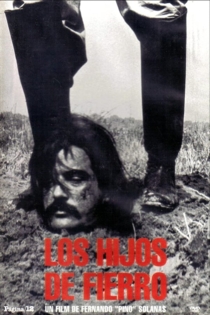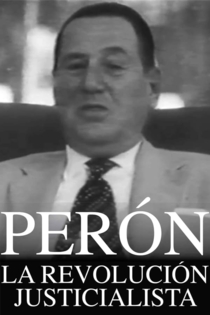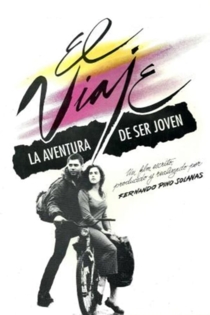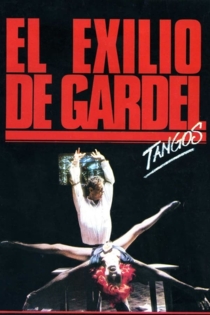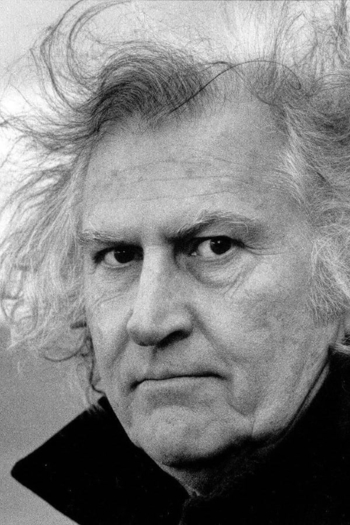
Fernando E. Solanas
1936 - 2020From Wikipedia, the free encyclopedia
La próxima estación
Fernando E. Solanas
Fernando E. Solanas
The history of the Argentine railways, from 1857 until the crisis of the current transport system. The closing of branches of the railway lines turned towns whose main source of work was the train into ghost towns. The privatization of the lines caused the dismissal of tens of thousands of workers as well as the deterioration of public service, causing in turn the increase of motor transport and the multiplication of automobile accidents.
The Next Station
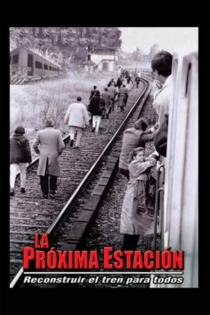
Memoria del saqueo
Fernando E. Solanas
Mick Jagger, Keith Richards
After the fall of the military dictatorship in 1983, successive democratic governments launched a series of reforms purporting to turn Argentina into the world's most liberal and prosperous economy. Less than twenty years later, the Argentinians have lost literally everything: major national companies have been sold well below value to foreign corporations; the proceeds of privatizations have been diverted into the pockets of corrupt officials; revised labour laws have taken away all rights from employees; in a country that is traditionally an important exporter of foodstuffs, malnutrition is widespread; millions of people are unemployed and sinking into poverty; and their savings have disappeared in a final banking collapse. The film highlights numerous political, financial, social and judicial aspects that mark out Argentina's road to ruin.
Social Genocide
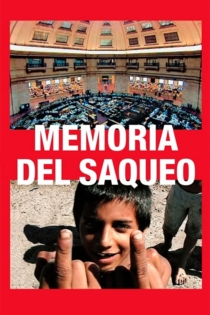
Χρεοκρατία
Aris Chatzistefanou, Katerina Kitidi
Samir Amin, Hugo Arias
Debtocracy seeks the causes of the Greek debt crisis and proposes solutions sidelined by the government and the dominant media. It follows countries like Ecuador that created debt Audit Commissions and tracks this process in Greece.
Debtocracy
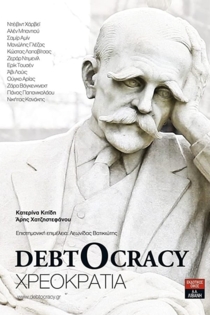
Perón: actualización política y doctrinaria para la toma del poder
Octavio Getino, Fernando E. Solanas
Juan Domingo Perón
A series of interviews with Juan Domingo Perón in Madrid, where he was exiled. Filmed between June and October 1971, Perón talks about the current situation of the Justicialist movement and the steps to be taken to win the presidential elections again.
Perón: Political Update and Doctrine for the Seizure of Power
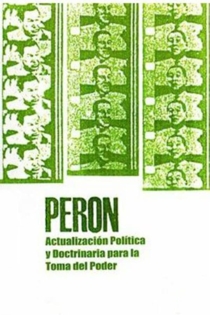
Tierra sublevada: oro negro
Fernando E. Solanas
"Impure Gold" is a tour around some of the open pit mining with cyanide that corporations have settled in the Argentine northwest San Juan, La Rioja, Catamarca, Tucuman Salta - and the reaction of the surrounding populations from the contamination.
Land in Revolt: Black Gold
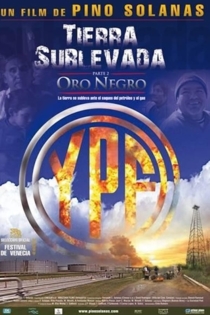
Tierra sublevada: oro impuro
Fernando E. Solanas
After Memoria del saqueo, La dignidad de los nadies, Argentina latente and La próxima estación, Solanas begins with Oro puro a diptych on the plundering of mineral resources (metals and hydrocarbons). This remarkable and powerful documentary denounces the open-pit cyanide mining operations carried out by multinationals in the northwest with the support of politicians, exposes the progressive contamination of soil and water, and exalts social resistance movements through moving individual and collective examples.
Land in Revolt: Impure Gold
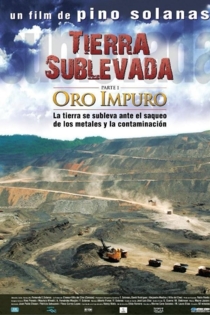
La Dignidad de los Nadies
Fernando E. Solanas
The degraded socio-economic condition of Argentina leading to the December 2001 rebellions, and its consequent social chaos analyzed by focusing on real people from Buenos Aires poorest shantytowns, crumbling hospitals, and women middle class farmers fighting multi national banks that are shamelessly appropriating their farmlands. Written by Gonz30
Dignity of the Nobodies
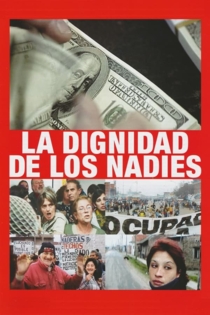
La hora de los hornos
Octavio Getino, Fernando E. Solanas
María de la Paz, Fernando E. Solanas
An impassioned three-part documentary of the liberation struggle waged throughout Latin America, using Argentina as a historical example of the imperialist exploitation of the continent. Part I: Neo-Colonialism and Violence is a historical, geographic, and economic analysis of Argentina. Part II: An Act For Liberation examines the ten-year reign of Juan Perón (1945-55) and the activities of the Peronist movement after his fall from power. Part III: Violence and Liberation studies the role of violence in the national liberation process and constitutes a call for action.
The Hour of the Furnaces
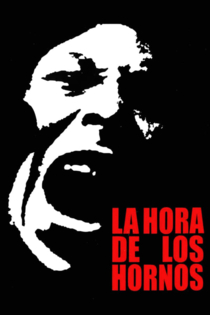
Argentina latente
Fernando E. Solanas
As the third installment in an ongoing series of muckraking documentaries by Argentine filmmaker Fernando Solanas that investigate various sociological aspects of South America's second-largest nation (following 2004's Memoria del saqueo and 2005's La Dignidad de los nadies), Latent Argentina springboards from a truth little-known to most of the titular country's residents: Argentina owns more wealth and more innate natural resources than almost any nation on its continent. The possessor of a bountiful shoreline, endless acres of tillable farmland, the fourth largest metal reserves on the planet and a remarkable space program (the fourth in the world to send a human being into space), Argentina nevertheless remains a prisoner of backward and disadvantageous economical, political and social systems.
Dormant Argentina
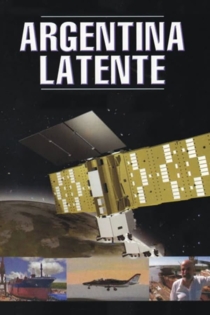
The South
Fernando E. Solanas
Miguel Ángel Solá, Philippe Léotard
After the end of the military dictatorship in Argentina in 1983, Floreal is released from prison. Instead of returning to his wife, he wanders through the night of Buenos Aires. He meets some people from his past–most of which are only imaginary–and remembers the events of his imprisonment.
The South
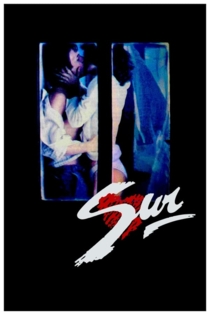
Di me cosa ne sai
Valerio Jalongo
Roberto Andò, Francesca Archibugi
Until the 1970s, Italian cinema dominated the international scene, even competing with Hollywood. Then, in just a few years, came its rapid decline, the flight of our greatest producers, a crisis among the best writer-directors, the collapse of production. But what are the true causes and circumstances of this decline? In an attempt to provide an answer to this question, Di Me Cosa Ne Sai strives to depict this great cultural change. Begun as a loving examination of Italian cinema, the film transformed into a docu-drama that alternates between interviews with the great names of the past and fragments of cultural and political life of the last 30 years. It is a travel diary that shows Italy from north to south, through movie theatres; television-addicted kids; Berlusconi and Fellini; shopping centers; TV news editors; stories of impassioned film exhibitors and directors who fight for their films; and interviews with itinerant projectionists and great European directors.
What Do You Know About Me
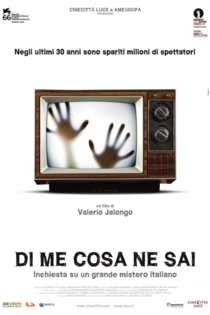
La guerra del fracking
Fernando E. Solanas
Through a trip to the site Vaca Muerta, in Neuquen, the specialist Felix Herrero and research Maristella Svampa, revealing testimonies of villagers and technicians on the effects and results of the new process oil and unconventional gas are collected.
The Fracking War
